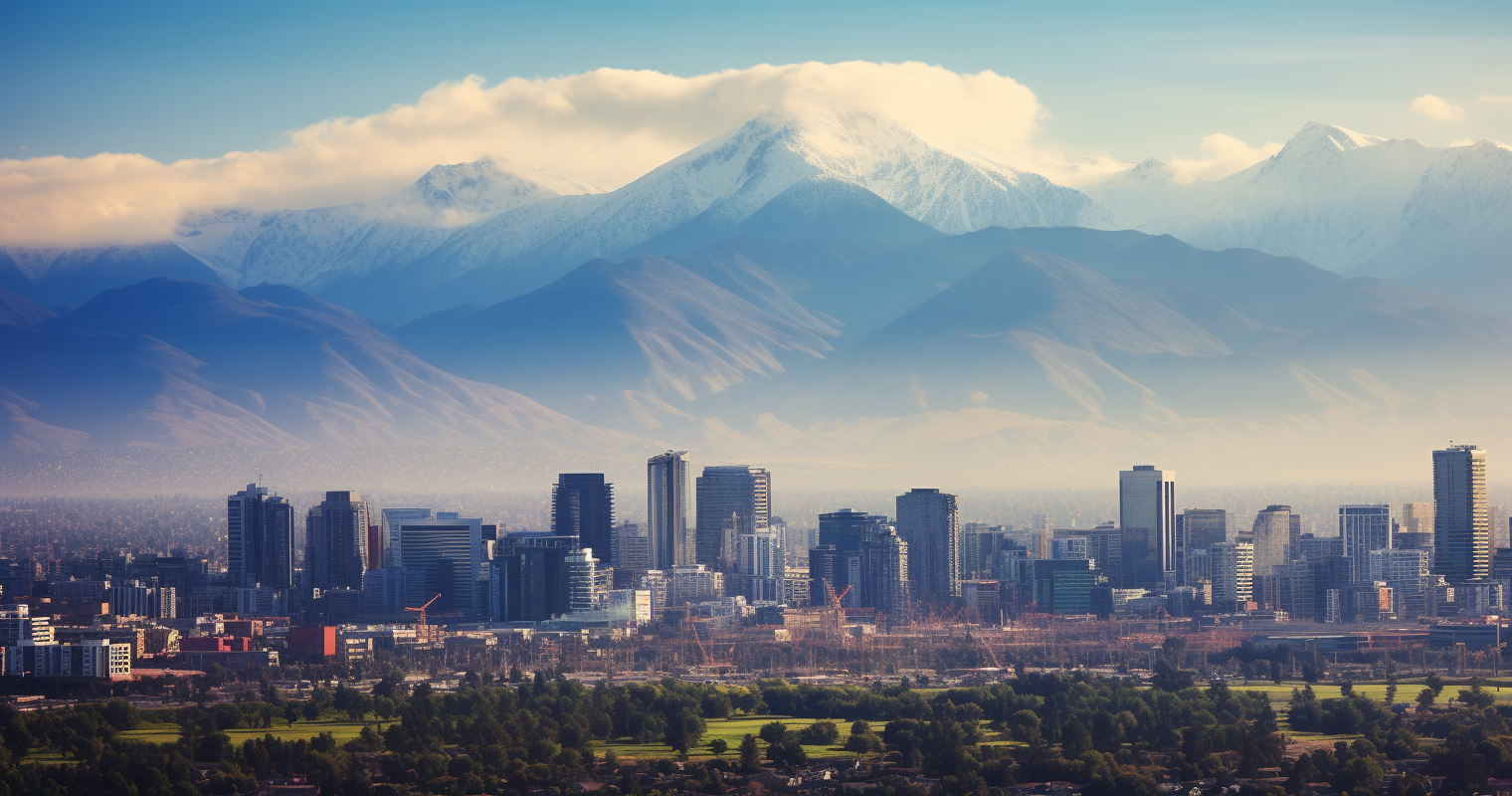Living the Chilean Dream: Top 3 Places for Expats to Call Home

Chile, with its diverse geography, stable economy, and vibrant culture, has become a sought-after destination for expats from around the world. Whether you’re drawn to the bustling city life, coastal charm, or the tranquility of the valleys, Chile offers a









